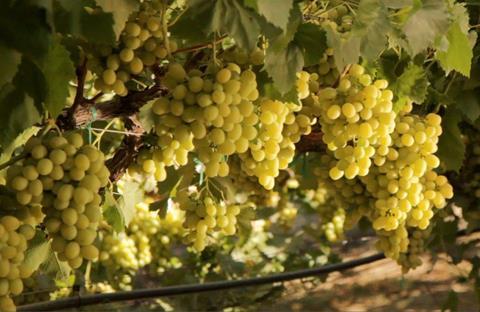Breeder to support licensees and act against nurseries and growers who illegitimately use proprietary varieties and trademarks

Bloom Fresh International has announced it will license its protected plant varieties to Chinese growers, providing ongoing support for their success. In support of this move, Bloom Fresh said it will also take legal action against nurseries and growers who illegitimately use its proprietary varieties and trademarks.
The announcement follows the leading fruit breeder’s string of successful enforcement cases in Yunnan, Jiangsu, Shaanxi, and Guangdong. Results Bloom Fresh said were significant for both the company’s rights and the rights of its Chinese licensees and consumers.
“Infringers create unfair competition for Bloom Fresh licensees, who pay for rights, while infringers illicitly gain advantages through stolen intellectual property,” the company said.
“Poor-quality infringing fruit negatively affects the market for high-quality, licensed fruit, as infringers do not receive authorised plant material or the benefit of Bloom Fresh’s technical support and quality assurance systems. Infringing fruit also deceives consumers, as the quality does not align with Bloom Fresh’s specifications for licensed fruit.”
Chief executive Kenneth Avery said Bloom Fresh wanted to improve the market for all involved.
“Bloom Fresh aims to establish a win-win-win environment for itself, its licensees, and local communities. Creating such an environment relies on a healthy market that protects plant breeder rights and encourages the development of robust new varieties,” said Avery.
“Despite being a long and challenging process, Bloom Fresh is committed to supporting the industry in fostering a positive and healthy intellectual property environment.”
The breeder has secured plant variety rights for 16 table grape varietals and registered trademarks for some of its best-known offerings like Cotton Candy, Sweet Sapphire, and Sweet Globe.
Bloom Fresh said it had received support from Chinese authorities, including the Local Agriculture and Rural Affairs Bureau and Administration for Market Regulation in its efforts to enforce intellectual property rights and it anticipates further cooperation with local authorities, communities, and licensees to protect its intellectual property.



